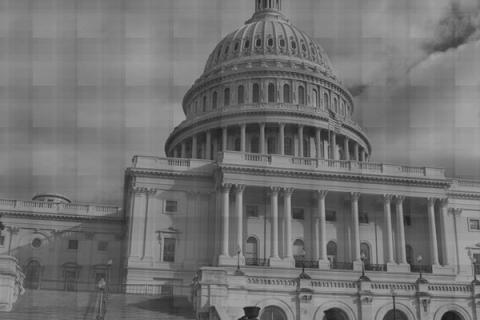The practice of wiretapping has taken a new shape as technology has evolved. Telephone lines are no longer the only communication medium vulnerable to infiltration. E-mail, text messaging, and almost any form of online correspondence is susceptible to monitoring by a third party.
There have been a number of landmark court cases that have shifted the way government respects or rather, doesn't respect a citizen's privacy. Protected under the 4th amendment, which prohibits unreasonable searches and seizures, the right to privacy is not as ironclad as some may think.
Evidence obtained without a warrant was first challenged in the Supreme Court case Olmstead v. United States. The Court ruled that the 4th amendment didn't apply to legally overheard telephone conversations. Future cases like Katz v. United States and Smith v. Maryland push the boundaries of privacy protections.
Luckily the 4th amendment has provided a significant stopping point for government overreach, but it continues to be tested even today, with legislation like the Patriot Act and the Protect America Act of 2007.
Source: Whocalledmyphone.net

